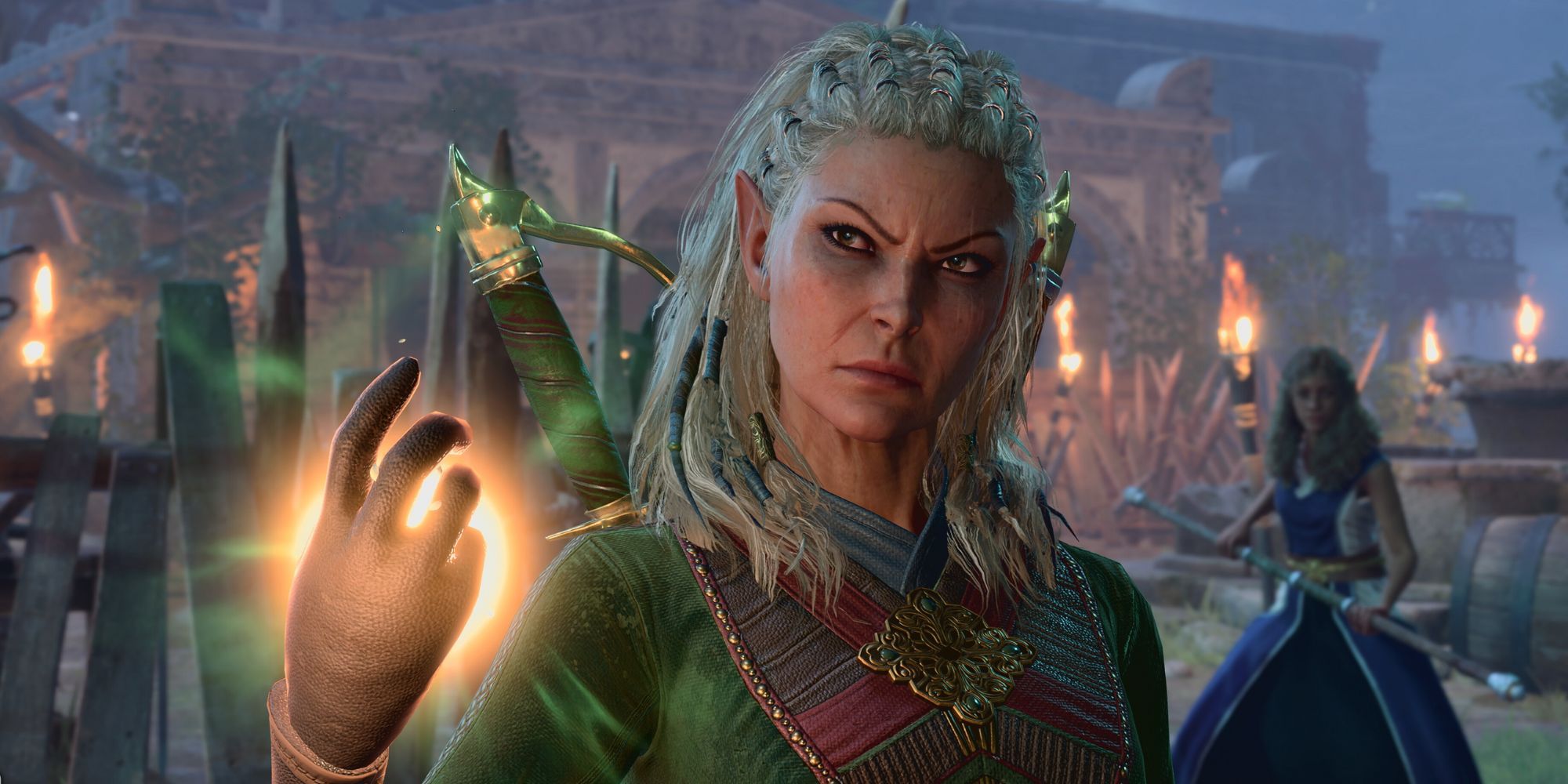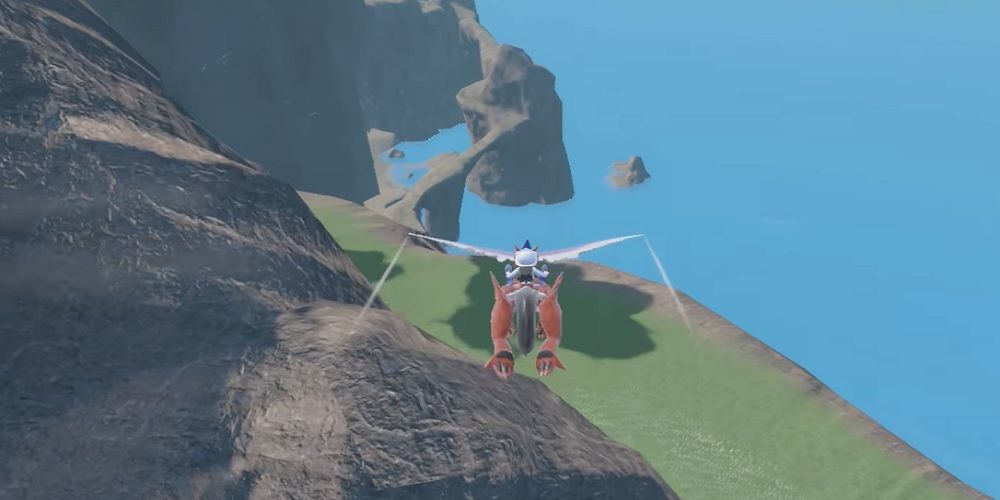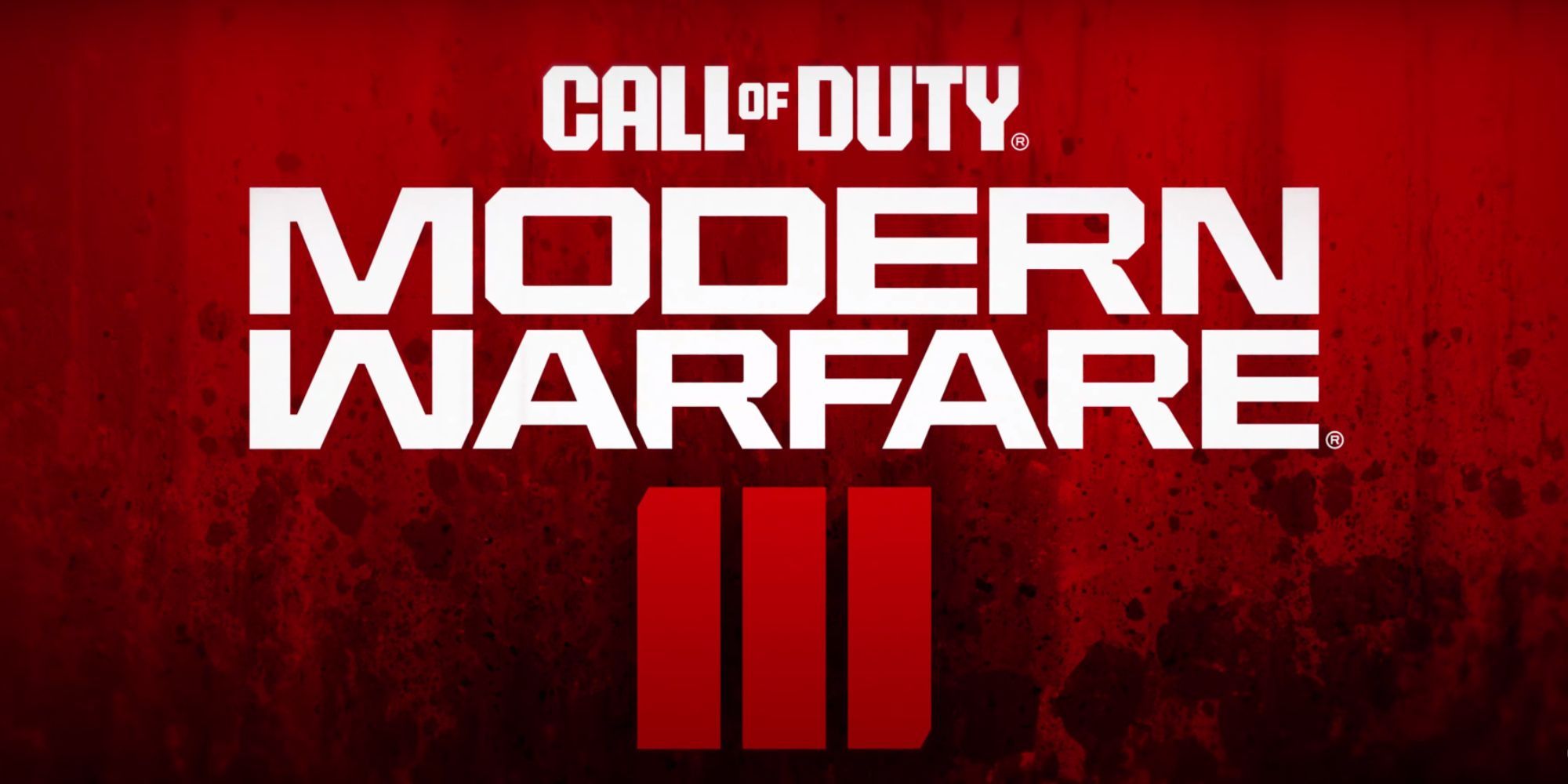Baldur’s Gate 3 is a game-changer. I’ve only scratched the surface of this sprawling RPG, and I’m already hooked. From giving my carefully-crafted character silly hats that undermine their seriousness to forging strong alliances in the earliest stages of the game, I can’t wait to see what the giant world of Faerûn has to offer.
The demand for Baldur’s Gate 3 has been unprecedented. Developer Larian expected around 100,000 players on the full launch, and was met with eight times that clamouring at the gates. The game is being played by the same number of people that live in San Francisco, and I’d wager that the vast majority are loving it. However, developers are worried that Baldur’s Gate 3 is raising player expectations when it comes to RPGs.
Many devs took to the social media formerly known as Twitter in the days after Baldur’s Gate 3’s launch to try to temper expectations. They labelled Larian’s massive CRPG as an “anomaly” and warned players against expecting this from future games in the genre. I disagree with this notion, but first we’ll explore exactly why devs are saying this.
Most of the leading voices in this conversation are small or indie devs, explaining that they simply can’t create these vast RPG worlds. I agree with that, but I don’t think any player is expecting Baldur’s Gate 4 from a six-person studio. These devs are right to point out that Larian has had a host of advantages when it comes to developing this game, from the huge IP at the height of its popularity, to the early access system that provided a huge monetary boost during development. That’s before you look at the Divinity: Original Sin games that helped the studio to hone its craft.
Not every studio is afforded these advantages, but Larian has worked hard to understand and define this genre over decades. Nobody is expecting indies to offer 100 hours of deep content, 174 hours of cinematics, or more endings than The Lord of the Rings, but why shouldn’t we expect it from other triple-A studios?
Pokemon immediately springs to mind. What was once a fresh RPG that took the world by storm has now become stale and tired. Annual games are released in broken states with appalling textures and worse framerates. What’s worse than the bugs is that the games are getting dull. I enjoyed Sword & Shield more than most, but the last Pokemon game I was truly enraptured by? New Snap and Go aside, I think the answer is Omega Ruby and Alpha Sapphire, remakes of my childhood favourites that traded mostly in nostalgia.
Imagine if Pokemon took a leaf from Larian’s book? Imagine if it, like fellow Nintendo staple Zelda, took six years to develop its next generation and made a game that was truly astounding. Imagine if it redefined what it meant to be a Pokemon game and forged new ground in the RPG genre instead of shoddily chasing the open world formula that went out of style years ago in favour of the more modern version pioneered by Breath of the Wild and Elden Ring.
Call of Duty: Modern Warfare 3 was announced this week, the next instalment in another series that has lost its lustre. It would be too far to say that the series is as stale as Pokemon, but Call of Duty has recently leaned on the crutch of remakes to mine that nostalgia that us gamers love to revisit time and time again. The annual release formula of the series grew old years ago, and the constant live-service updates of Warzone should allow the developers of its single-player campaigns a chance to breathe. Call of Duty already drops eye-watering budgets on its games, why not allow its developers the time to make an interesting depiction of war too? Because the games sell like hotcakes every year, that’s why. But they could make a far more interesting game, playing with the tired formula, if they took even two or three years to make Modern Warfare 4.
Baldur’s Gate 3 is so successful because of the time and love poured into it. That’s not saying that smaller games don’t have that same love put into their creation – they so often do – but that feeling is sparse when it comes to other triple-A fare. Call of Duty could do to FPS games what Larian has to CRPGs, and Pokemon has the brand recognition to pivot in any direction and still sell video games. Nobody is expecting small developers to take the risks that Larian did with its multiple IP parachutes ready to deploy, but maybe we should expect it of other triple-A games.




